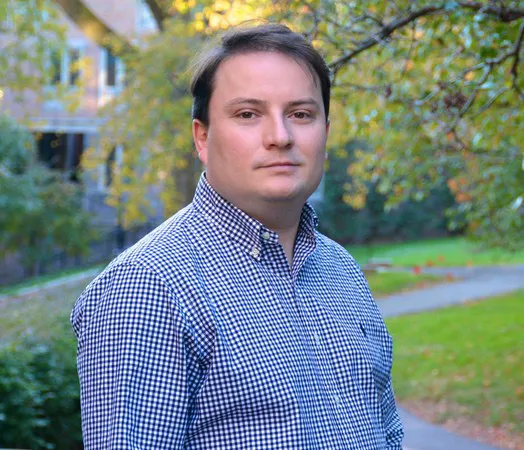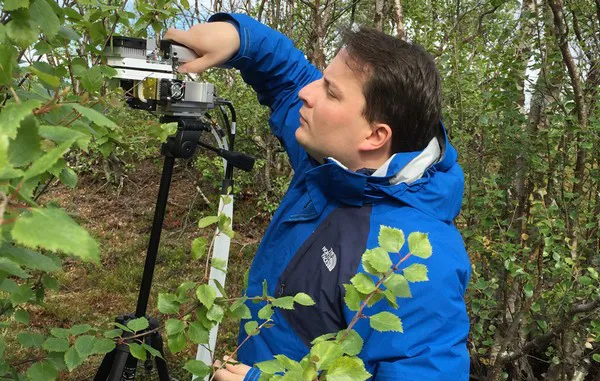"The PhDs will be part of my growing team of vertical farming researchers at the University of Queensland. My team is mostly interested in developing solutions and understanding how to grow the crops of the future at scale," says Paul Gauthier, Professor of Protected Cropping at the Queensland Alliance for Agriculture and Food Innovation (QAAFI).
Paul has two positions available for PhD Students that will be working with him in the lab to develop the crop of the future for vertical farming. The positions will start in 2023 on-site at the University of Queensland in Brisbane, Queensland, Australia. Please note that knowledge in hydroponics, plant physiology, and coding for data processing is needed.

Paul Gauthier
Expectations
The lab will mainly focus on tropical and subtropical crops with an emphasis on yield and flavors. Paul believes that anything can be grown on a vertical farm. Though vertical- and indoor farming, in general, is currently challenging current horticultural or Physiological knowledge.
An example Paul highlights are the seasonality of crops. Season and seasonal harvest are controlled by the environment and when the days get shorter, then plants sense that winter is coming and prepare themselves for it. In an indoor vertical farm, you pick your season, and the season can last as long as you can keep the power on. So indoor it is always the right season. So how would plants react? Would they continue producing? Are they going to produce more?

Paul adds, "These are some of the questions I am going to answer. Additionally, some species are currently threatened by climate change but are part of our life. These same species have a range of flavors when they come from different of the world, and connoisseurs and aficionados are crazy about these flavors."
With climate change, this could be totally changed. Therefore, Paul is looking at indoor solutions to preserve these flavors using a highly controlled environment, hoping we can have Colombian coffee or Madagascar cacao grown anywhere.
He concludes, "Finally, as Australia is developing its indoor farming industry for local consumption or export, my team will build up the capacity to help develop the industry and everything around it for a more sustainable and productive future."
 For more information:
For more information:
Paul Gauthier, Professor of Protected Cropping
[email protected]
University of Queensland
www.uq.edu.au
